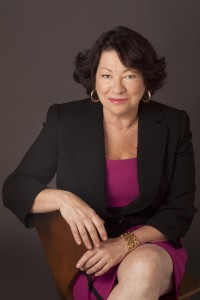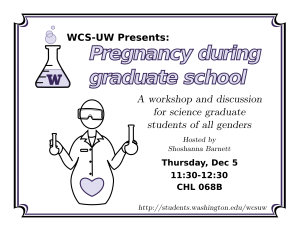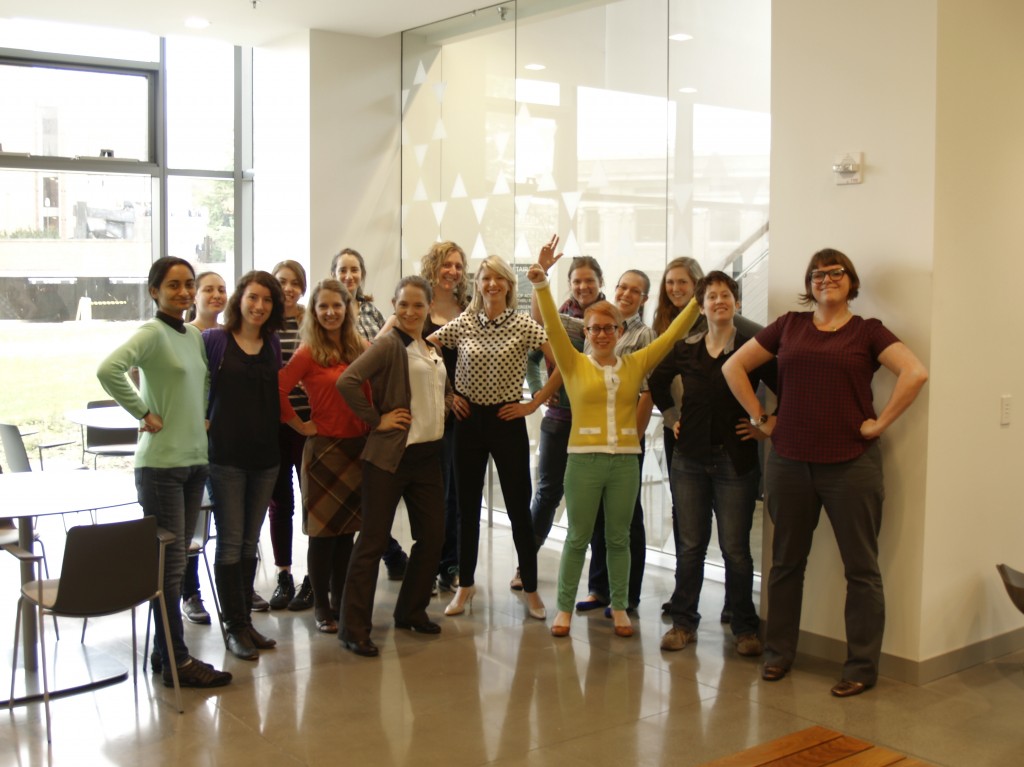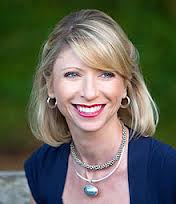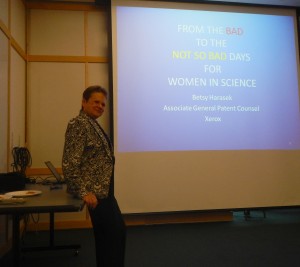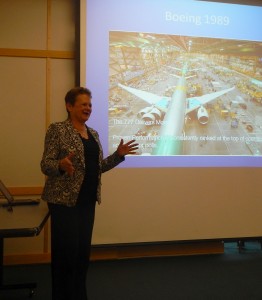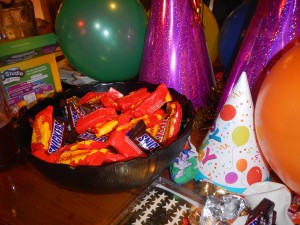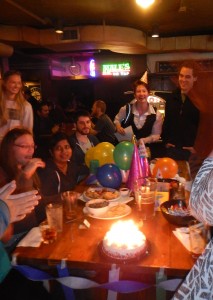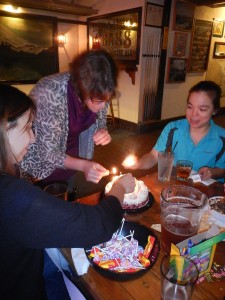Last week, Professor Alexes Harris of the UW Sociology Department discussed ways to combat imposter syndrome with us during one of our lunch-time workshops. Prof. Harris shared her own struggles with imposter syndrome as well as techniques she continues to use to overcome it. Below are some key points and suggestions from the discussion that resonated with us chemistry graduate students. Thank you to everyone who came for your excellent questions and participation!
– Develop a support group of your peers. Find people with whom you feel safe sharing your concerns and struggles. You will probably find many of your peers are dealing with the same issues as you and also feel like they are imposters. You will gain a sense of belonging and strength from your support group, as well as valuable advice and insight.
– Ask your friends/support group for a confidence boost when you need it. Let them know exactly what you need and when. For example, you may want an (honest!) compliment before an important presentation or exam to remind you of your strengths and calm your nerves.
– Seek out people with a positive outlook and don’t let yourself be brought down by negativity. Politely minimize your interactions with negative people.
– End the self-doubt and guilt today! Promise yourself to not allow these unhelpful emotions to affect you. After all, they are only emotions, not facts.
– Give yourself time to decompress and relax, but most importantly, don’t allow yourself to feel guilty about it! You deserve (and need) at least a few hours a week to do something for yourself that you truly enjoy. Don’t feel guilty about the work you’re missing. Don’t be embarrassed about what you enjoy doing, no matter what it is (even trashy TV).
– Make a list of your goals and reward yourself when you complete them. Breaking projects down into small tasks will help you complete the larger goals. Perhaps make a board of post-it notes so that finishing a task requires the physical motion of removing the post-it note. Congratulate yourself for finishing even the smallest tasks.
– Regularly remind yourself of why you are here and what your end-goal is. Use your end-goal to motivate you to finish!
Jessica Wittman, WCS-UW Treasurer
